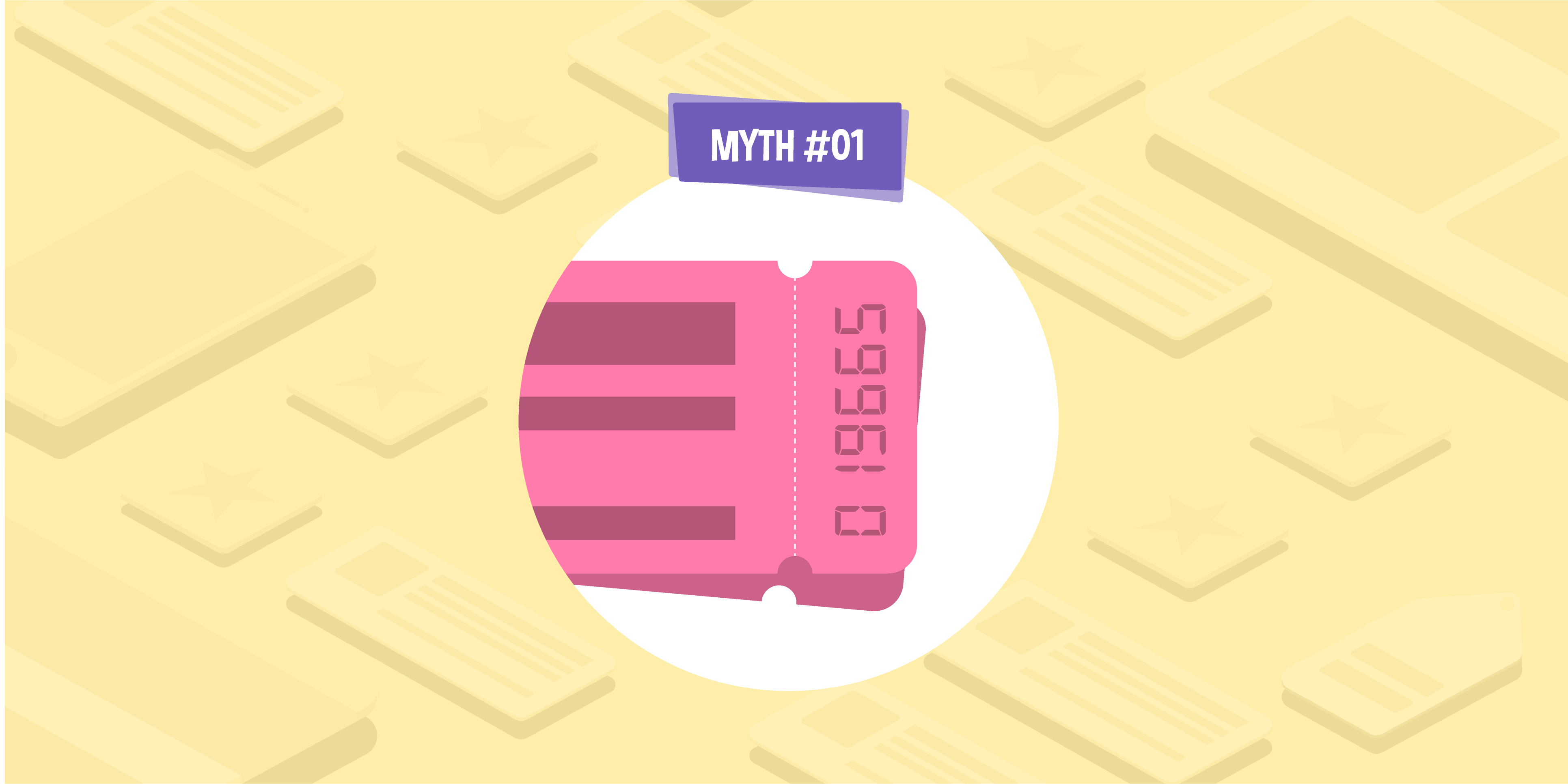
- 08 Sep 2015
- 3 Min read
4 types of user-generated content every retail site should adopt
User-generated content (UGC) is content that’s published to a site by users rather than administrators. It can take the form of social media posts, reviews, blog comments and more.
It’s well worth encouraging user-generated content on your site. Why?
- Google likes unique content
- Google likes websites with frequently updated content
- Users enjoy the opportunity to engage with brands
- You can gather valuable feedback
- It can boost conversion rates
Read on to find out how four different types of user-generated content could benefit your brand.
Photos
According to Pixlee, online shoppers who interact with a customer photo are twice as likely to make a purchase.
Professional product photography is a double-edged sword: it puts your products in the best light, but that makes customers question what they’ll get in reality.
Image source: @SamGotThatTan
Customer images provide a more trustworthy representation of the product. They’re particularly valuable in the fashion industry, where shoppers are interested to see the fit on someone other than a model. Olapic research shows that customer photos make 32% of online clothes shoppers more likely to buy.
Topshop asks its Instagram followers to share pics of them wearing the brand’s clothing with #TopshopStyle. Select images are shared in an onsite gallery, with the featured product linked to in a ‘Shop this look’ section. This creates a thriving social community that drives sales.
This type of user-generated content also acts as social proof, showing that other people have bought the product — human psychology means that people love to follow the crowd, and hate the ‘risk’ of being the first to try something. That’s why most people are fashion followers rather than trendsetters.
Reviews
Two-thirds of consumers say online reviews affect their major purchasing decisions, according to research published on Moz. And Reevoo claims that the average retailer benefits from an 18% rise in sales when utilising its review platform.
You don’t need glowing five-star reviews to benefit: a mix of positive and negative feedback boosts trustworthiness and gives shoppers the confidence that they know exactly what they’re paying for. Marking verified purchases, like Amazon does, boosts credibility further.
The more reviews you have, the better. ALDI encourages reviews by entering submissions into a prize draw.
Q&A platforms
It’s frustrating for shoppers when the information they want isn’t covered in a product description or customer review. This missing information can deter them from making a purchase, or lead to a return later down the line. Both are bad news for your business.
Rather than writing a long and tedious product description that attempts to answer every conceivable question (which is impossible anyway), create a platform where users can ask and answer questions. Enabling this type of user-generated content should boost sales, benefit SEO, and take some strain off your customer service department.
Argos has a Q&A section on every product page, whereas Ebuyer has a forum. Both solutions encourage users to contribute unique, valuable content.
If you want to ensure users receive expert guidance, or your community isn’t active enough to help everyone, it’s well worth providing answers from a branded account. This is something Zoopla’s AskMe platform could benefit from, as most questions are being left unanswered (despite the fact that activity is incentivised with a point/ranking system). This poor user experience could seriously harm their brand image.

Blog comments
Enabling blog comments is a great way to engage site visitors — as long as you create comment-worthy content.
Richard Branson’s Virgin blog covers personal, controversial and emotional subjects to get people talking in the comments section. This yields huge social exposure and helps build positive brand-customer relationships.
Did you enjoy this blog post? Why not show us some love by sharing the link on Facebook, Twitter, or LinkedIn?








